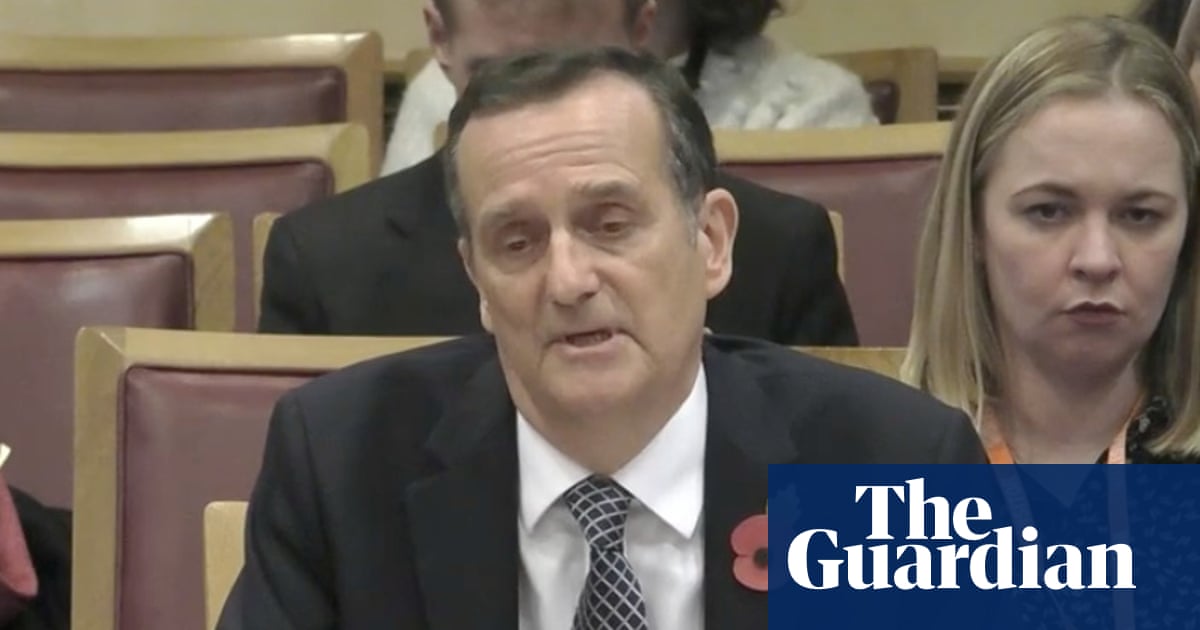Shotgun pellets and bullets that contain lead are to be banned for almost all uses, ministers have said, in a long-awaited announcement welcomed by wildlife groups.
The restrictions will be phased in over three years from 2026, rather than the five set out in an official report last year, prompting some shooting organisations to say replacement ammunition may not be fully available in time.
The change to the law, announced by the environment minister Emma Hardy, will outlaw shotgun pellets containing more than 1% lead, and bullets that have more than 3%.
Ammunition using lead has long been identified as a significant pollutant and a particular risk to waterbirds. The Wildfowl and Wetlands Trust (WWT) estimates that about 100,000 waterbirds in the UK die every year from lead poisoning.
The ban is “a huge day for wildlife, particularly the migratory waterbirds who call our wetlands their home”, said the WWT.
Campaigners say birds often eat discarded lead pellets, confusing them for seeds or grit.
A 2022 report found 99.5% of pheasants killed using shotgun pellets contained lead, showing that previous efforts to persuade shooters to voluntarily use different ammunition types had achieved little.
The ban, which will apply in England, Scotland and Wales, follows recommendations in December last year by the Health and Safety Executive, which said lead ammunition should be phased out over five years.
The HSE proposals followed a public consultation.
The British Association for Shooting and Conservation (BASC) said it backed the overall change, but disagreed with the recommended timetable being shortened by two years.
The three-year transition was happening on the assumption that the ammunition was readily available, Terry Behan from the BASC said. “That is not the case for commercial and supply reasons beyond our sector’s control. We urge government to adhere to a five-year timescale proposed by the Health and Safety Executive.”
Tim Bonner, the chief executive of the Countryside Alliance, said his organisation also backed the wider change, while saying the shorter transition period would be “challenging for ammunition manufacturers”.
He said: “This is an important step for the future of shooting, which will benefit the countryside and rural economy. The alliance has long advocated a move away from lead ammunition, which is necessary and beneficial.”
Hardy said: “Britain is a proud nation of nature lovers, but our rivers are heavily polluted, and majestic birds are declining at an alarming rate. This new ban on lead in ammunition for most uses will help reverse this – rejuvenating pride in our countryside by protecting precious birdlife and cleaning up rivers.
“Non-lead alternatives are readily available, and we’ll continue to work closely with the shooting sector throughout this transition.”
James Robinson, the head of birdlife charity the RSPB, said: “Long known to be a poison, we have campaigned for decades to have lead ammunition removed from use. This move, whilst long overdue and stopping short of a full ban, will mean that Britain will become a safer place for millions of birds and other wildlife.”
There is an exemption for the outdoor shooting of permitted birds and animals using small-calibre bullets, because of a lack of suitable non-lead alternatives. Also exempt are airguns, and ammunition used by elite athletes, the military, police and in outdoor target shooting ranges with risk management measures.

 3 months ago
51
3 months ago
51

















































